Running a social-service organization necessitates that one constantly indulges in fund raising. One is forced to meet all kinds of people and ask them for support and money. The responses of people are varied. Some are very supportive and open up their purses immediately. Some politely turn your request down while others make no bones about their dislike of you and your request. There have been times when people make you feel small and like a beggar and these are the times when you feel like giving up. One feels frustrated and fatigued by this and thoughts of giving up on the ideal of service begin to grow.
Swami Vivekananda too went through situations where the ideal of seeking bhiksha (for food) challenged him. He once felt that going from place to place begging for food was after all not helping him attain his goal of seeking self-realization. In this state of dejection, he had once written to one of his brother disciples, “I am going about taking food at others’ houses shamelessly and without the least compunction, like a crow.” On that occasion he decided that he would beg no more and thought “Let me beg no longer. What benefit is it to the poor to feed me? If they can save a handful of rice, they can feed their own children with it. Anyway, what is the use of sustaining this body if I cannot realize God?” Great seekers of truth are known to go through a deep sense of spiritual dissatisfaction and this happened to Swamiji too. In an ascetic mood, he decided to go into a forest and like a rishi of the olden days let his body drop from starvation and exhaustion. He entered a thick forest and walked many miles the whole day without food. By the evening, he was tired and felt like fainting. He sank to the ground under a tree and fixing his mind on the Lord, looked vacantly into the distance.
After some time he saw a tiger approaching. It came nearer and sat at some distance from him. He thought, “Ah, this is right; both of us are hungry. This life has been no good for the world. It is well and desirable that it should at least be of service to this hungry beast.” He was reclining there all the while, calm and motionless, waiting for the tiger to pounce on him at any moment; but for some reason the animal made off on its own accord. Swamiji thought it might come back and waited there, but the tiger did not return. He spent that night in the jungle communing with his own soul. As dawn approached, a sense of great power came upon him. He went through several such experiences during his wandering life. In one of his lectures later in California, he said “Many times I have been in the jaws of death, starving, footsore, and weary. For days and days I had no food, and often could walk no further. I would sink down under a tree, and life would seem to be ebbing away. I could not speak, I could scarcely think but at last the mind reverted to the idea: I have no fear nor death; never was I born, never did I die; I never hunger or thirst. I am it! I am it!…Arise and walk and stop not. And I would rise up, reinvigorated; and here I am today, living!”
Swamiji would urge his disciples to assert the reality whenever such darkness came. He maintained that it was all but a dream. He writes, “Mountain high though the difficulties appear, terrible and gloomy though all things seem, they are but Maya. Fear not, and it is banished. Crush it and it vanishes. Stamp upon it and it dies.”

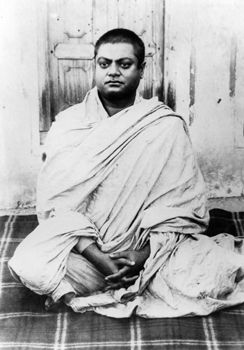
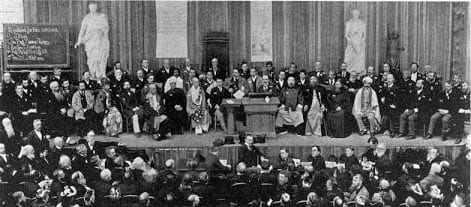
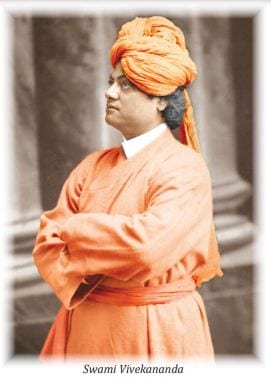
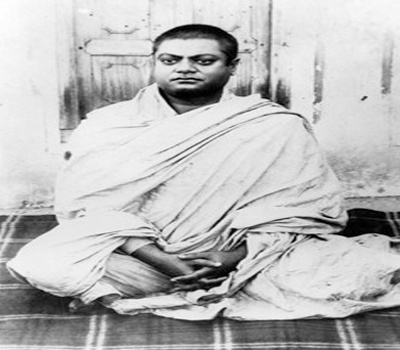

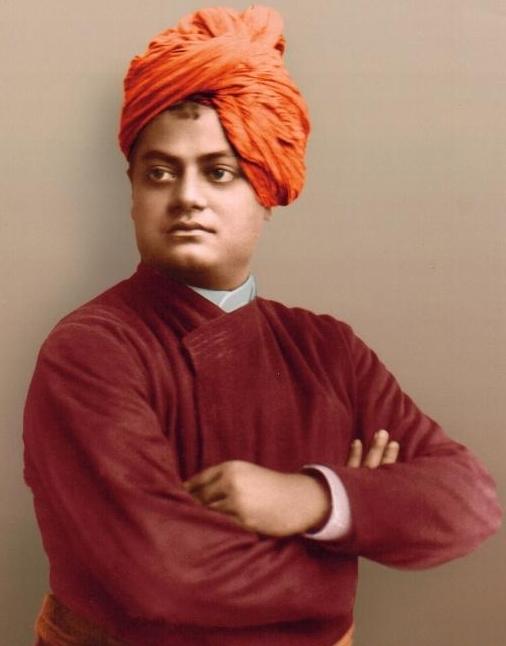
Leave A Comment